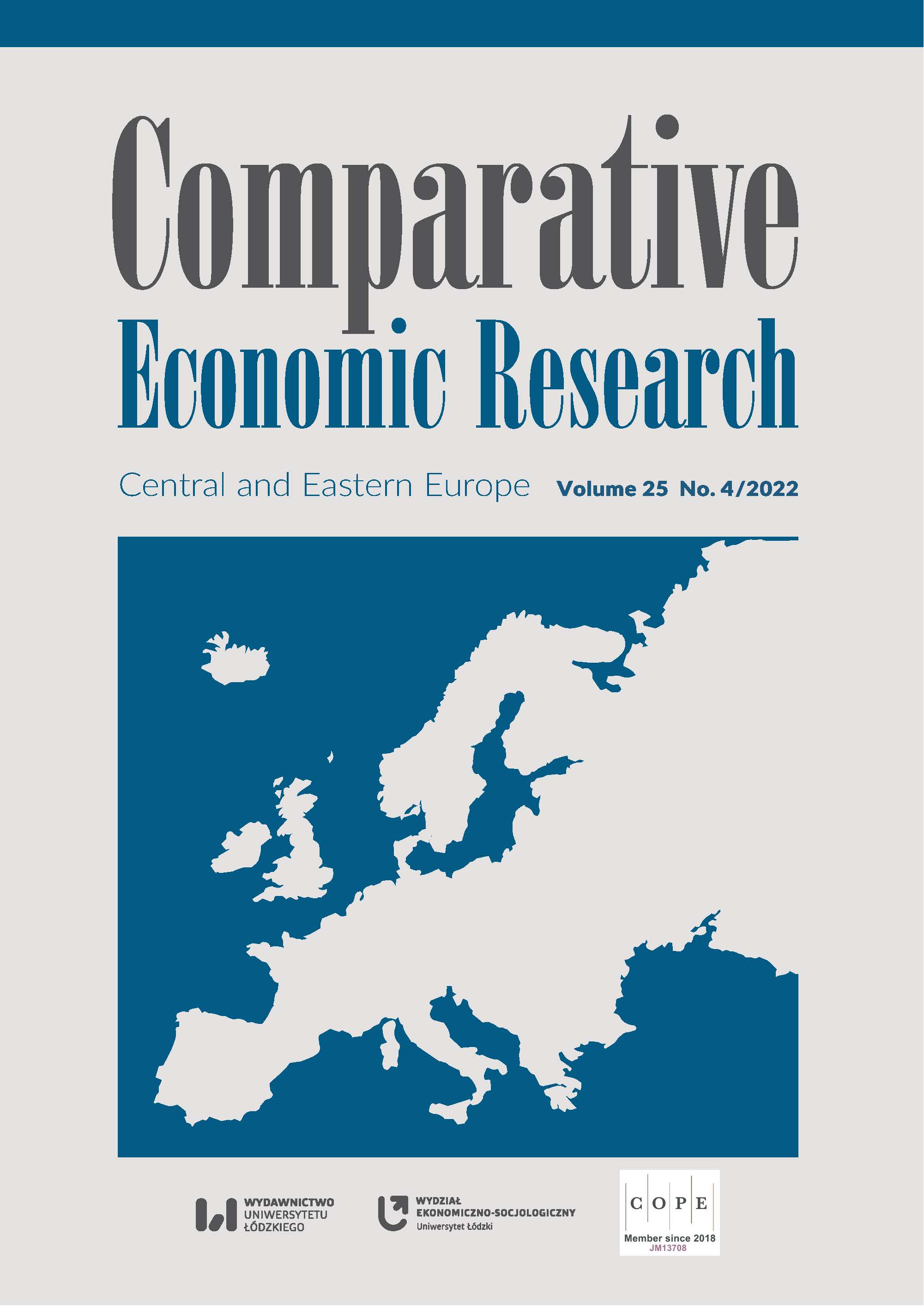Implementing Sustainable Development Goals within the COVID–19 Pandemic Future Challenges for the 2030 Agenda
Implementing Sustainable Development Goals within the COVID–19 Pandemic Future Challenges for the 2030 Agenda
Author(s): Anna Rydz‑ŻbikowskaSubject(s): Economy, Economic policy, Social development, Rural and urban sociology, Environmental interactions
Published by: Wydawnictwo Uniwersytetu Łódzkiego
Keywords: sustainable development; sustainable development goals; Agenda 2030; poverty; food security; social inclusion
Summary/Abstract: The COVID–19 pandemic has severely changed the world economy and jeopardized the implementation of Sustainable Development Goals on a large scale. Progress in meeting the goals of the 2030 Agenda has been significantly disrupted and stalled, undermining previous efforts of governments and nations. Furthermore, the economic slowdown of the global economy as an effect of COVID–19 has not improved the situation of climate change. The side effects of the pandemic are serious in every sphere of life, especially in the exacerbation of existing social inequalities, which results in threatening the achievements of the Sustainable Development Goals (SDGs). The aim of this article is to present the current status of SDG implementation with reference to the 2030 Agenda. Furthermore, it will examine the impact of COVID–19 on the progress of SDGs on a global scale, focusing mainly on the statistics from the Sustainable Development Report 2021. The purpose of the study is also to describe the results of the analysis that examines the major effects of the COVID–19 pandemic on European countries, including Central and Eastern European Countries (CEECs), in terms of the implementation of SDGs. The study is limited to the context of Goal 1 (No poverty), Goal 2 (Zero hunger) and Goal 3 (Good health and well‑being). Another purpose, recognized as the added value of the research, is to identify the main challenges related to sustainable development while implementing the SDGs in the CEECs. Finally, the author investigates the post‑COVID priorities and pandemic strategic response plans. The research methods include an analysis of available documentary and literary sources on the topics in question, based on the development of relevant statistical surveys, and the deductive approach, to draw conclusions from the reports of international organizations. The research was based on the global indicator framework, which includes 231 unique indicators that monitored the stage and progress of the SDGs’ implementation. Global SDG Indicators Data Platform (SDG Indicators Database) was the source of data.
Journal: Comparative Economic Research. Central and Eastern Europe
- Issue Year: 25/2022
- Issue No: 4
- Page Range: 135-160
- Page Count: 26
- Language: English

